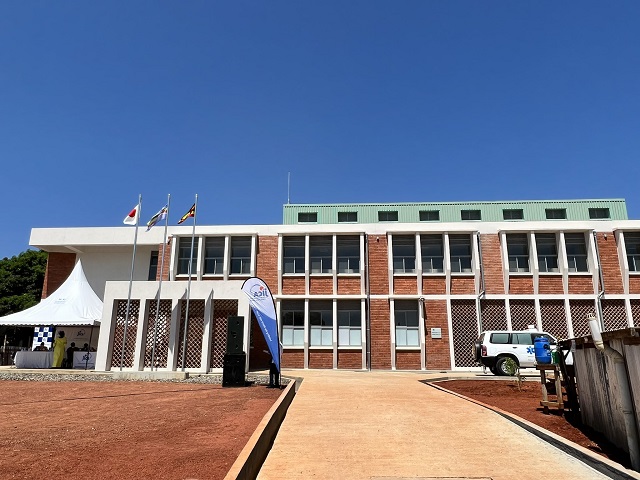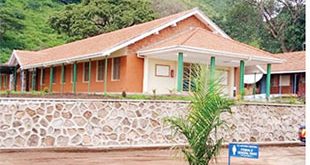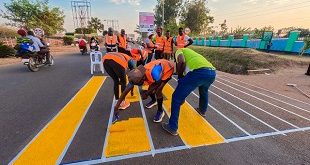
Gulu, Uganda | THE INDEPENDENT | The World Health Organization-WHO has delivered a multi-million generator to Gulu Regional Referral Hospital to boost stable electricity supply.
The delivery follows concerns on the intermittent power supply coupled with the limited capacity of a standby generator to effectively power some life-saving machines at the facility.
Dr. James Elima, the Gulu Regional Referral Hospital Director confirmed delivery of the 250kva diesel generator but didn’t divulge details.
URN however understands the generator is part of the promises made by WHO officials last year to support the hospital.
At the time, the facility was struggling to maintain constant power supplies in vital units like theater, Intensive Care Unit-ICU, Maternity, and Neonatal wards amidst a surge in covid-19 cases.
The hospital has for the past years been relying on a 60Kva Generator which officials say hasn’t been able to supply sufficient electricity to the whole health facility in case of a power blackout
Stephen Onyolo, the hospital engineer says the delivery of the generator will be of great help since it has a large capacity to power the whole facility including the vital machines.
Onyolo says patients referred to the hospital will now be in a position to get the right treatment at all-time.
“We are happy that we have received it, the patients will get what is required for treatment,” he says.
Onyolo says that specialists contracted by WHO are at the hospital making necessary arrangements to install and connect the generator before its officially handed for use to the hospital authorities.
The health facility also has another 50Kva generator installed for the running of an oxygen plant established by the Ministry of Health.
Gulu Regional Referral Hospital serves the population of the entire eight districts of the Acholi sub-region and to some extent patients from neighboring South Sudan.
*****
URN
 The Independent Uganda: You get the Truth we Pay the Price
The Independent Uganda: You get the Truth we Pay the Price



